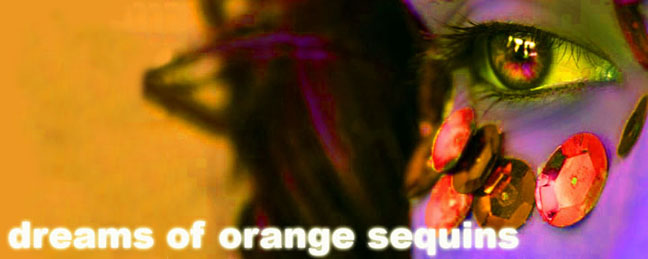skip to main |
skip to sidebar
"You Want To Be With A Winner."
The most Hunter S. Thompson thing I've read this election season is a story in the Nov. issue of GQ (the one with the kinda annoying Jimmy Kimmel cover) called "Hack: Confessions of a Presidential Campaign Reporter" by Michael Hastings.On the campaign trail:"The reality is: I quickly realized Rudy was a maniac. I had a recurring fantasy in which I took him out during a press conference (it was nonlethal, just something that put him out of commission for a year or so), saving America from the horror of a President Giuliani. If that sounds like I had some trouble being 'objective,' I did. Objectivity is a fallacy. In campaign reporting more than any other kind of press coverage, reporters aren’t just covering a story, they’re a part of it—influencing outcomes, setting expectations, framing candidates—and despite what they tell themselves, it’s impossible to both be a part of the action and report on it objectively. In some cases, you genuinely like the candidate you’re covering and you root for him, because over the long haul you come to see him as a human being. For a long time, this was John McCain’s ace in the hole with the press, whom he referred to as “my base.” Reporters rode along with him, and he joked with them, and that went a long way toward shaping the tone of their coverage. (Last January a group of reporters asked McCain’s staff to make McCain campaign press T-shirts for them.) And because your success is linked to the candidate’s, you want to be with a winner, because that’s the story that makes the paper or the magazine or gets you on TV."
 Hunter S. Thompson in 1971, by way of guardian.co.uk. Chic.And on time with the Clinton crew:
Hunter S. Thompson in 1971, by way of guardian.co.uk. Chic.And on time with the Clinton crew:"I thought it might be better jumping over to the Democrats; at least I wasn’t appalled by their basic ideas. But Hillary Clinton’s campaign was killing me. I could feel my soul die a little more with each cigarette break I took, each prepackaged meal I stuffed into my face. I couldn’t stop eating when I was with her, and there was always food available. On most days, we took three to five flights, and each flight, no matter how short, had a catered meal. The campaigns charge reporters for all travel (the cost runs from $1,000 to $3,000 per day, per reporter), and catering is included in that price. Then there is food served at each event—pizza, sandwiches, celery, carrots, broccoli, bowl upon bowl of ranch dip, baskets of candy and chips. In part I felt obligated to eat every fucking thing in front of me, since it costs enough. But there was also a feeling that you were in a Gulag on wheels. Everyone traveling with the campaigns is completely dependent on them for food and transportation and shelter—not to mention any little interview crumb they toss our way, any remotely intriguing piece of information. Political reporting is founded on very dysfunctional relationships. You need them and they need you, but on some level they hate and distrust you (and on some level you, too, hate and distrust them), and in my experience a lot of that gets sublimated into food. Eat, hoard, scrounge, because you never know if they’ll give you anything more."


No comments:
Post a Comment